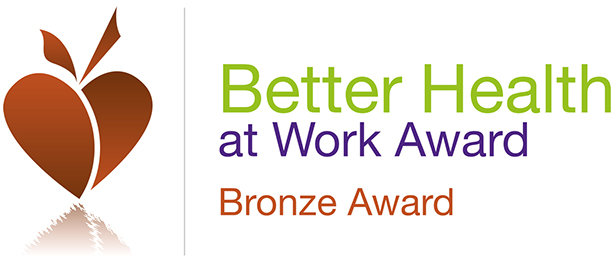Finding Calm When Life Feels Stressful
Stress is something we all experience, whether at home, at work, or both. Many people often describe home as their sanctuary or work as their safe space, places where they feel secure, in control, and able to recharge. But what happens when both environments start to feel overwhelming? When neither home nor work feels like a safe space, stress can quickly accumulate, affecting not just our mood but our health, productivity, and overall quality of life.
It’s a reality many of us face: mounting deadlines, high expectations, and constant connectivity at work, combined with family responsibilities, financial concerns, or personal challenges at home, can leave anyone feeling trapped and exhausted. Often, we try to cope by compartmentalising our stress, leaving work problems at the office or personal worries at the door. But when both spheres become sources of stress, this strategy can fail, leaving us without the sense of relief that either environment should provide.
Recognising stress and understanding its impact is the first step toward managing it effectively. Stress doesn’t just affect our mental health; it can contribute to physical symptoms such as headaches, muscle tension, sleep problems, and weakened immunity. Being proactive about wellbeing, rather than reactive to crisis points, can help prevent these negative effects and foster resilience in both personal and professional life.
At Alliance Plus, we take a holistic approach to wellbeing. We understand that true wellbeing isn’t just about managing stress at work, it’s about supporting the whole person. This includes addressing mental, physical, and emotional health, and equipping individuals with practical strategies they can apply both at home and in the workplace. Our programmes and support systems aim to create environments where people feel safe, supported, and empowered, no matter where they are.
Practical strategies to manage stress include:
- Mindfulness and relaxation techniques: Simple exercises, such as deep breathing, meditation, or guided visualisation, can help reduce tension and restore calm.
- Setting boundaries: Knowing when to switch off from work emails or family responsibilities can help preserve your energy and mental space.
- Physical activity: Regular movement, even short walks or stretching exercises, can significantly reduce stress levels.
- Seeking support: Talking to a trusted colleague, friend, or wellbeing professional can provide perspective and guidance.
Small, consistent actions can make a huge difference. When paired with organisational support, such as flexible working arrangements, wellbeing initiatives, or a culture that encourages open discussion about mental health, individuals are better able to thrive even when life feels challenging.
This Stress Awareness Day, take a moment to reflect on your own wellbeing. Ask yourself: Is my home a place where I feel relaxed and restored? Does my workplace feel supportive and safe? If the answer is sometimes “no,” it’s a signal to take action – to introduce strategies that prioritise your mental health and wellbeing.
At Alliance Plus, we are committed to helping individuals and organisations navigate stress with a holistic approach that focuses on balance, resilience, and long-term wellbeing. Because when both home and work feel supportive, we can live healthier, happier, and more productive lives.






